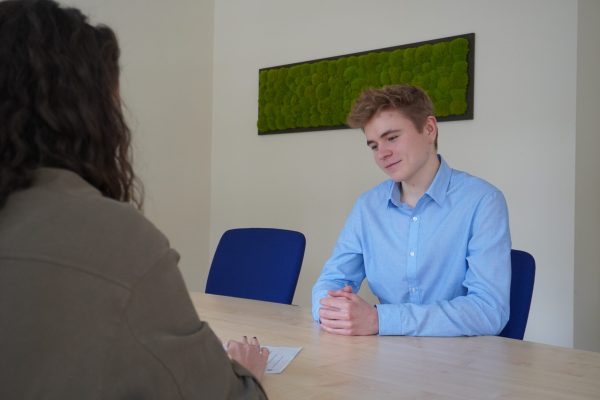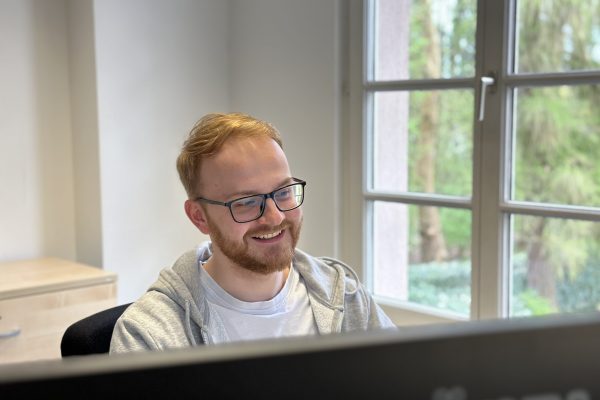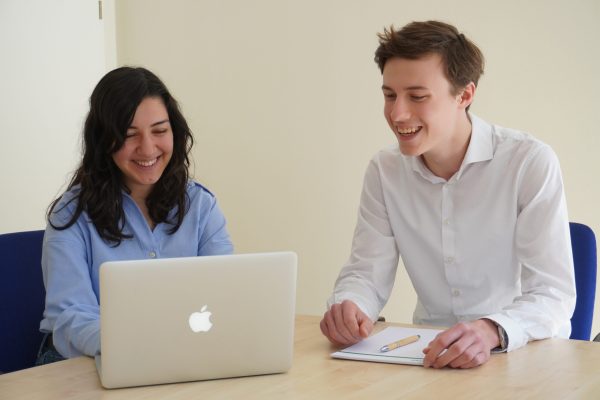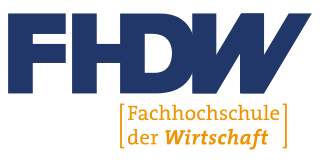Dual studentsCombining theory and practice in your studies

B.Sc. - Business Informatics
at the FHDW Mettmann
At the FHDW in Mettmann, you will develop a basic understanding of business processes in addition to extensive IT knowledge in the dual study program in Business Informatics
B.Sc. - Business Informatics
at the CBS

B.Sc. - Applied Computer Science
at the FHDW Mettmann

M.Sc. - Digital Project Management
at the CBS
UniversityWhich university is right for me?
We have a long-standing partnership with both the CBS International Business School and the University of Applied Sciences in Mettmann. So whether you want to study at one of the CBS locations or at the FHDW in Mettmann, the choice is entirely up to you.

Study Business Informatics or Digital Project Management in Cologne, Neuss or Solingen.

Study Business Informatics or Digital Project Management in Cologne, Neuss or Solingen.
InterviewDual studies at Lucom

read for yourself what he has
to say about his dual studies.
Nach Abschluss meines Studiums wurde ich von der Lucom als Vollzeitkraft übernommen. Damit ist man dann kein dualer Student mehr, sondern trägt den Titel „Consultant“. Da man in seiner Zeit im Studium schon mit ersten realen Kundenprojekten zu tun hatte, kommen dann auch die ersten eigenen Projekte, die man selbst verantwortet. Durch die bereits gewonnene Erfahrung ist das aber kein großes Problem mehr. Eventuell hat man sich außerdem in seiner Bachelorarbeit mit einem bestimmten Thema intensiver auseinandergesetzt und ist darin nun „Experte“, sodass man auch danach dieses Thema in der Firma voranbringt und verantwortet.“ Im Anschluss an das Bachelorstudium habe ich mich dann auch noch für ein berufsbegleitendes Masterstudium an der FHDW entschieden.
How did you find out about the dual study program and why did you choose Lucom?
What did you particularly like about your dual study program?
How were you able to combine theory and practice?
To what extent were you supported by Lucom during your studies?
To what extent were you supported by your university?
How were you treated as a dual student?
What tasks have you already taken on at Lucom during your studies?
What happened after you finished your studies?
Would you choose a dual study program again?
What advice would you give to someone who is about to make the decision to start a dual study program?
InsightsWhat our Dualis say





